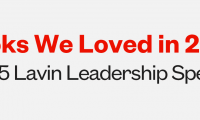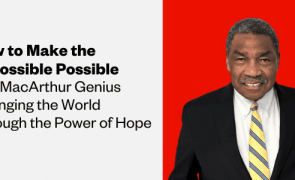In his latest paper, Professor of Psychology Jay Van Bavel explores why moral, emotional content tends to capture our attention more than other kinds of content. He expands on this study for the latest episode of NPR’s Hidden Brain.
In his study of thousands upon thousands of tweets, Jay Van Bavel found that there’s an easy way to dramatically increase likes and retweets: “For every moral, emotional word that people use in a tweet, we found that it increased the rate of retweeting from other people who saw it by 15-20 percent.”
The list of words that could be defined as either moral, emotional, or both ranged from curses, to words like “war,” “hate,” “greed,” and “punish.” These words tend to generate outrage, cause messages to spread, and in turn, create even more outage. “Twitter is weird because there’s a level of outrage, then you have people who are outraged by the outrage, because it’s the wrong type of outrage. Then you have people who are outraged by that outrage. And then you have another group of people who are outraged that you’re not outraged enough.”
The different levels and types of outrage co-exist simultaneously, and, says Van Bavel “it cycles through issue after issue on a twenty-four hour basis.”
To listen to the full episode, click here.
To book speaker Jay Van Bavel for your next event, contact The Lavin Agency today, his exclusive speakers bureau.















